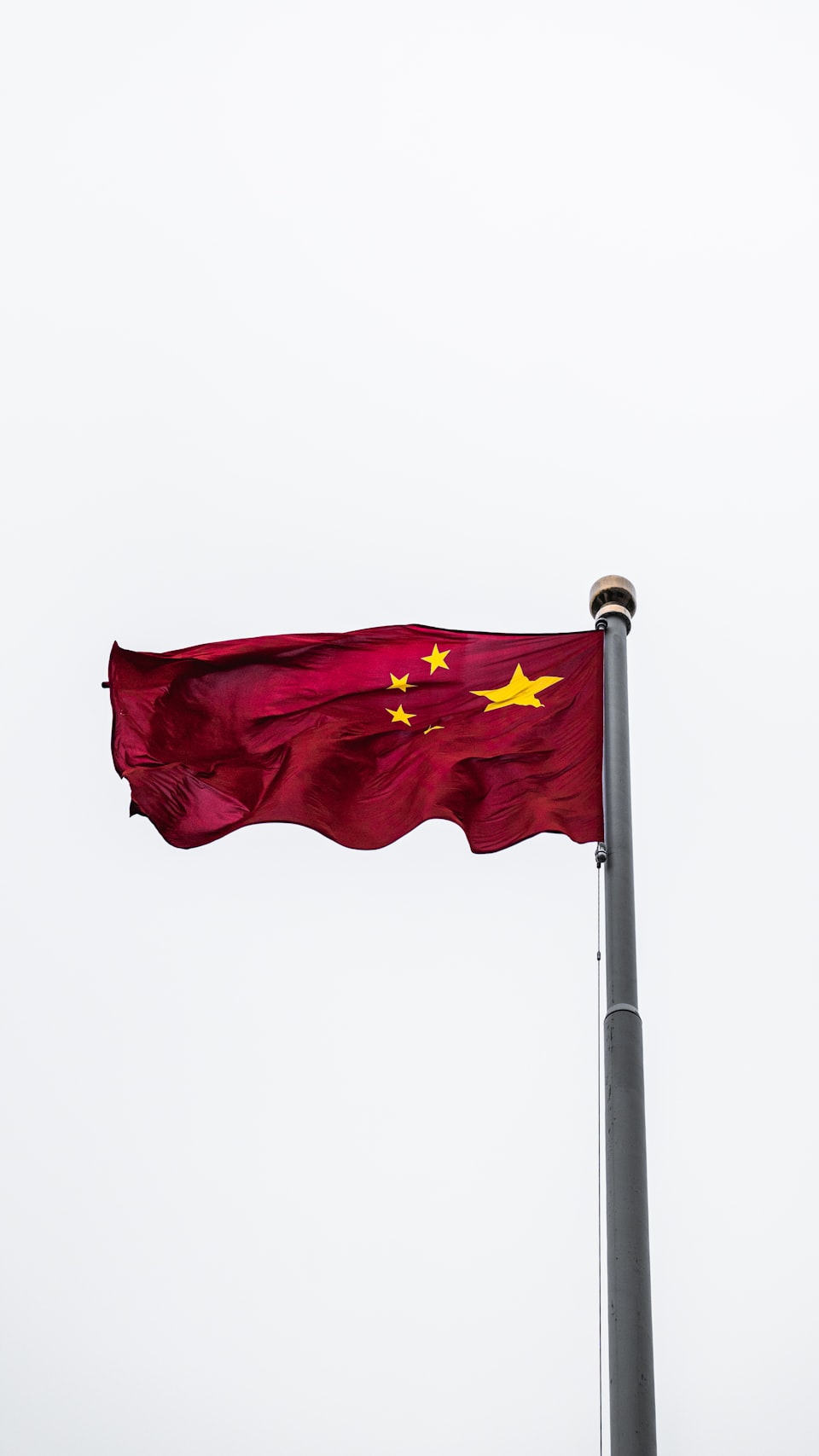Biasing the Last Layer - or - China's Plan to Regulate Chatbots and AI Systems

Draft rules that aim to establish guardrails for the rapidly expanding industry of services similar to ChatGPT have been outlined by the Communist Party.
Five months after ChatGPT set off an investment frenzy over artificial intelligence, Beijing is moving to rein in China’s chatbots, a show of the government’s resolve to keep tight regulatory control over technology that could define an era.
The Cyberspace Administration of China unveiled draft rules this month for so-called generative artificial intelligence — the software systems, like the one behind ChatGPT, that can formulate text and pictures in response to a user’s questions and prompts.
According to the regulations, companies must heed the Chinese Communist Party’s strict censorship rules, just as websites and apps have to avoid publishing material that besmirches China’s leaders or rehashes forbidden history. The content of A.I. systems will need to reflect “socialist core values” and avoid information that undermines “state power” or national unity.
Companies will also have to make sure their chatbots create words and pictures that are truthful and respect intellectual property, and will be required to register their algorithms, the software brains behind chatbots, with regulators."
Beijing is taking steps to regulate China's chatbots, in a move that demonstrates the government's determination to maintain tight control over technology that could define a new era. This comes five months after ChatGPT sparked an investment frenzy in the field of artificial intelligence.
The Cyberspace Administration of China recently announced draft rules for "generative artificial intelligence," which includes software systems like the one that powers ChatGPT, which can generate text and images in response to user input.
Under the proposed regulations, companies must comply with the Chinese Communist Party's strict censorship policies. Just like websites and apps, they must avoid publishing content that smears China's leaders or covers forbidden history. The content produced by A.I. systems must reflect "socialist core values" and avoid information that undermines "state power" or national unity.
Furthermore, companies must ensure that their chatbots produce truthful and original content while respecting intellectual property rights. They will also be required to register their algorithms, which serve as the chatbots' software brains, with regulators.
OpenAI, a U.S. company with backing from Microsoft of around $13 billion, developed ChatGPT, which has inspired Silicon Valley to expand the use of this underlying technology into new domains such as video games and advertising. Sequoia Capital, a venture capital firm, predicts that artificial intelligence (A.I.) businesses have the potential to generate incredibly huge markets with trillions of euros in economic value.
This really sounds incredible but from a technical perspective it is just transfer learning. Chinese firms will have to make sure that they will add another layer and include some sort of bias to include the Chinese Communist Party’s strict censorship rules.
